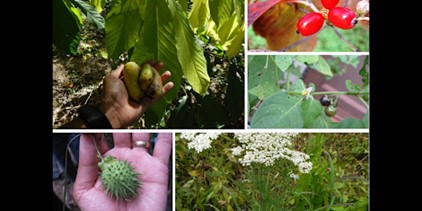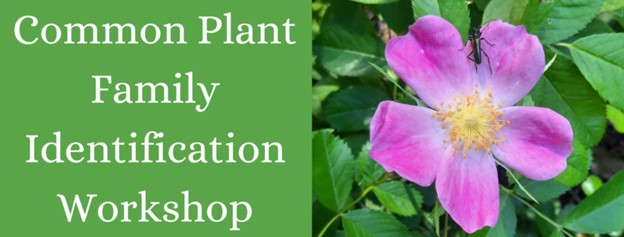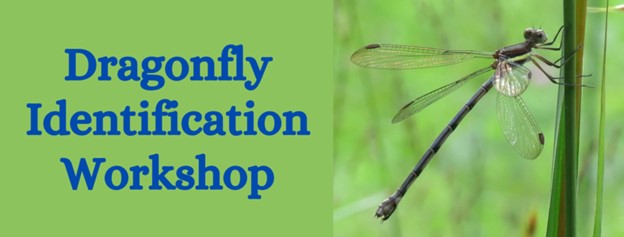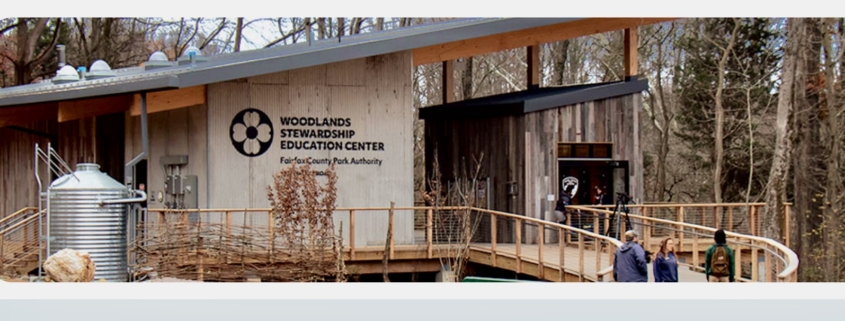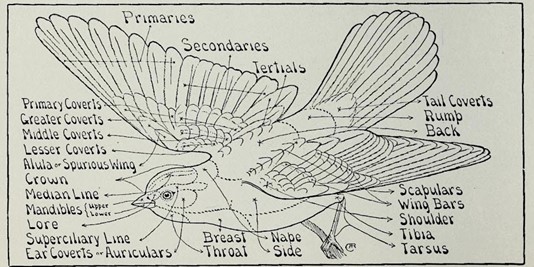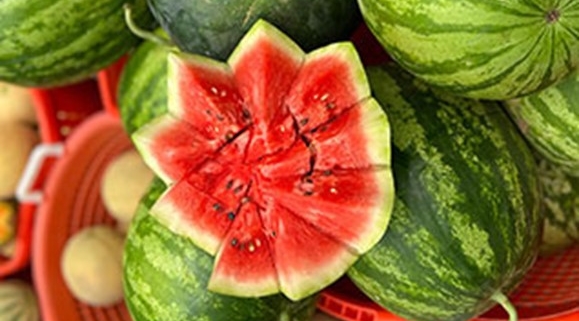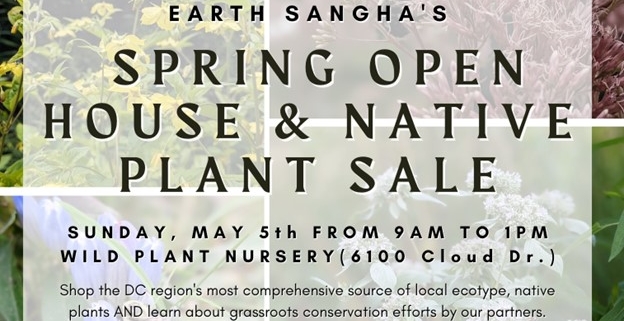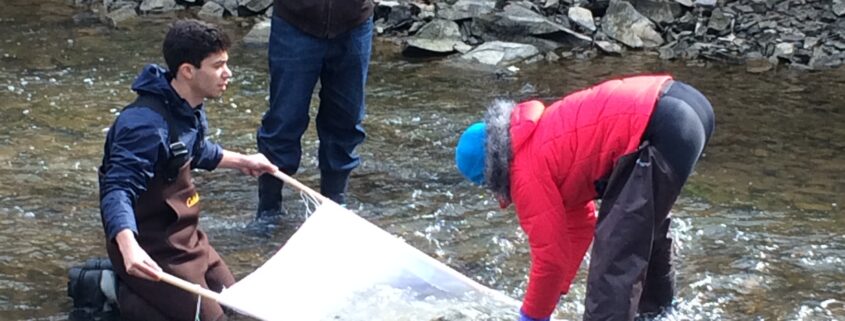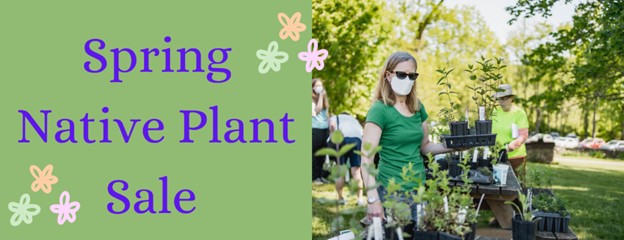“Drive by the new Woodlands Stewardship Education Center in Ellanor C. Lawrence Park at night and see a magical building tucked within the trees as if it grew there. The gentle glow you see could be starlight or fireflies, but it belies this architectural jewel’s significance in our park.” This lyrical observation by Jennifer Grinnell, President of the Ellanor C. Lawrence Park Friends group, was enough to capture my interest … and spark my imagination.
Welcome to the Woodlands Stewardship Education center at Ellanor C. Lawrence Park. This new interpretive center is designed to educate visitors on stewardship actions the Fairfax County Park Authority is taking to preserve and protect natural and cultural resources. As an exemplar to inspire visitors to engage as resource stewards, the facility is constructed of reclaimed materials, generates solar energy, collects rainwater, and has on-site wastewater treatment. The Center provides an incredible teaching platform by demonstrating technologies and processes that can reshape our individual relationship with the environment around us.
The web site further explains that the facility was designed to meet the rigorous standards of the Living Building Challenge – an achievement attained by only a small number of projects worldwide.
“When looking at the concept for this project, we knew we wanted to raise the bar to a whole new level,” said Park Authority executive director Jai Cole. “Every aspect of this facility is an exhibit that illustrates our connection to the natural world and creates an experience that will ignite the imaginations and creativity of young people through hands-on experiences and play.”
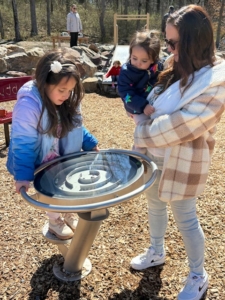
A learning station in the play space
The total project cost was $8.8 million and included $7.2 million in park bond funding, $1.1 million in proffers, and $500,000 in financial contributions through the Fairfax County Park Foundation. General project features include an interpretive center with multipurpose spaces, kitchen and restroom; an educational kiosk and plumbing room; outdoor amphitheater and observation deck; a large STREAM (science, technology, recreation, engineering, arts and math) activity play space with connecting trails; native plantings; and related site improvements.
Jennifer Grinnell elegantly concluded, “Just as it shines through the forest at night, so too, it shines every day as a beacon of stewardship and a concrete call to action; one this community will do its best to answer.”
Volunteer Opportunities: There will soon be volunteer opportunities for FMN, both interpretive and stewardship, at the Center. Keep an eye out for postings on the FCPA volunteer main page.
You may also contact the E. C. Lawrence Volunteer Coordinator, Kristin Mahieu via park information services.
For a glimpse inside the doors and a short video, visit their Website
Acknowledgements:
Thank you Kiersten Fiore, Visitor Services and Operations Manager at Ellanor C. Lawrence Park, for contributing to this article.
Thank you FMN Marilyn Schroeder for the topic suggestion and initial content.
All photos curtesy of FCPA.


